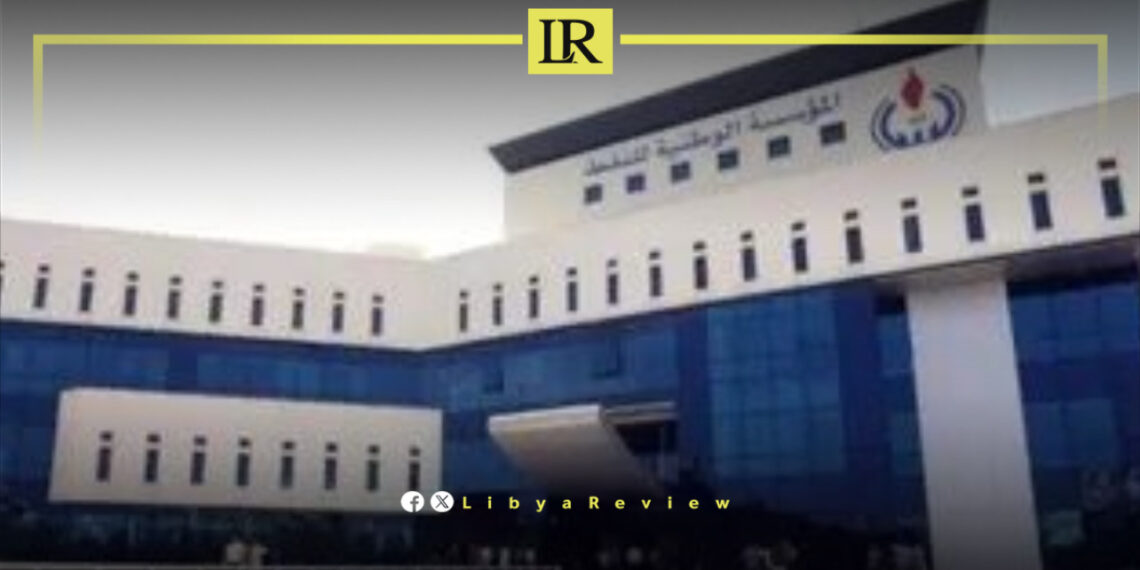Libya has begun operating the new pipeline from its North Hamada oilfield with an initial transfer capacity expected at 2,000 barrels per day (bpd), the National Oil Corporation (NOC) said on Monday.
According to an NOC statement, the North Hamada field, which is operated by Nafusah Oil Operations, is expected to increase transfer capacity through the line to 25,000 bpd before eventually reaching 10,000 bpd in September as part of the field’s first development stage, NOC’s statement said, Reuters reported.
The NOC added that the 50-kilometer pipeline, which transports oil production to the Mellitah port, has a design capacity of 70,000 barrels per day.
Libya’s oil industry is a critical component of its economy, providing the bulk of national revenue. However, the industry has faced significant challenges over the past decade due to political instability and conflict following the fall of Muammar Gaddafi in 2011. Various factions have vied for control over the country’s oil resources, leading to disruptions in production and export activities.
The North Hamada oil field, located in the western part of Libya, has been a focus of development efforts by the NOC and Nafusa Oil Operations. The new pipeline project is part of a broader strategy to enhance Libya’s oil infrastructure and increase production capacity. This development is crucial for stabilizing the country’s oil output and boosting its economic recovery.
The start of operations for the new pipeline is a positive step for Libya’s oil sector. Increasing production capacity can significantly bolster the national economy, providing much-needed revenue for reconstruction and development projects. The initial output of 2,000 barrels per day, to reach 25,000 barrels per day, represents a substantial increase in Libya’s oil production capacity.
Libya’s economy, heavily reliant on oil, has suffered due to the ongoing conflict. The instability has led to fluctuations in oil production and prices, impacting the global oil market and Libya’s economy.
The conflict has led to a significant humanitarian crisis in Libya, with thousands of people killed, and many more displaced. Migrants and refugees using Libya as a transit point to Europe have also faced dire conditions.
The planned elections for December 2021 were delayed due to disagreements over election laws and the eligibility of certain candidates. This delay has raised concerns about the feasibility of a peaceful political transition.
Despite the ceasefire, security remains a significant concern with sporadic fighting and the presence of mercenaries and foreign fighters. The unification of the military and the removal of foreign forces are crucial challenges.


